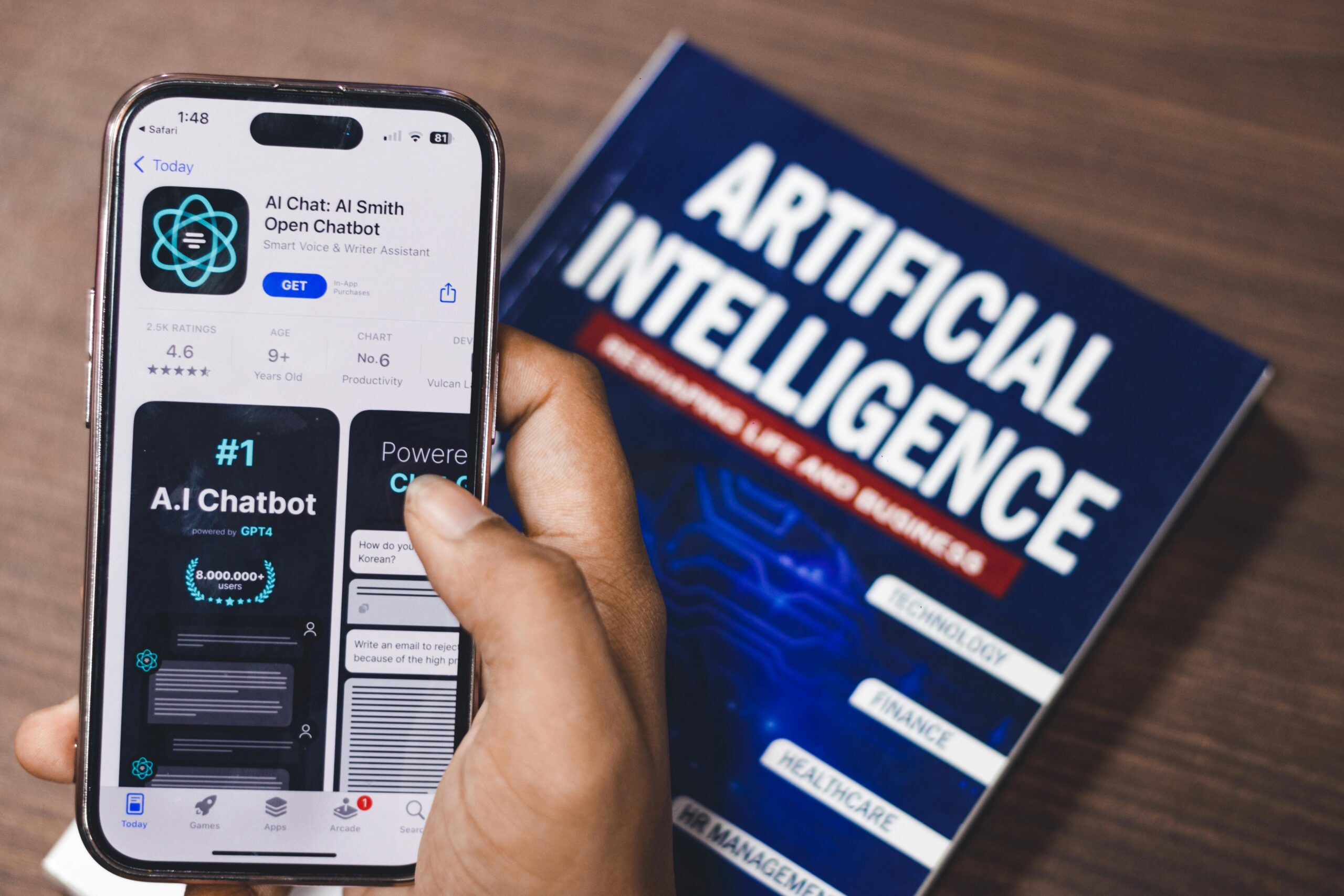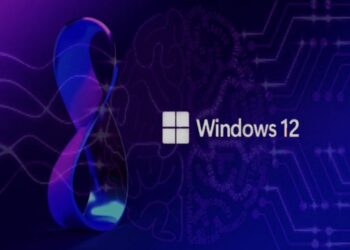Because the internet has become more sophisticated in recent years, you will be vulnerable to cyberthreats. Every user must exercise caution in 2025 when it comes to online safety.

Introduction
On my university campus(University of Cape coast ), I’ve seen most students lose access to their social media accounts after clicking fake Wi-Fi login links. Most of the times it happens to the freshers. That’s why awareness about online safety is more important than ever in 2025.
Be sure to visit websites that use HTTPS.
Based on my research as a tech expert, l have made it clear that it is a must to make sure the website URL begins with HTTPS, not just HTTP. On my university campus in Ghana, I always remind my course mate to check the website url closely before they attempt to get into anything important. Example, when logging into our University of Cape Coast school portal. [https://portal.ucc.edu.gh]—I make sure it looks like this https:// and shows the small padlock icon beside it. The “s” symbol in the https shows that the website is safe and secure and again passwords can’t be easily accessed by hackers. I have also noticed that in campus WhatsApp groups, students sometimes share unofficial links that look almost the same as the real ones, so I use to tell them to verify the web address as shown before clicking.
TIP:Example:
✅ Safe: https://www.gigatrendx.com
❌ Unsafe: http://example-site.com
Verify that your extensions and browser are up to date.
As the world develops, hackers attempt to infiltrate browsers with inadequate resources like free VPN, outdated search engines, etc. Most of the time cyberattacks take advantage of outdated browsers. On the laptop I used in the computer lab, I noticed an extension remained outdated and have been causing login errors most of the times on my that my predecessors left for me. In addition, check and delete any browser extensions you are no longer using periodically.
Avoid downloading files from unreliable sources at all costs.
The world is advanced to the extent that Word and PDF documents can also contain viruses. Everybody was in shock on campus last semester because someone uploaded a PDF file to a campus E-learning platform that had a hidden virus. Due to that, I always check before downloading and we came to find out a report estimating that by 2025 there will be 6.5 billion malware infections worldwide. Always confirm the source of every file you download and run it via a reliable cloud-based antivirus program such as Norton Antivirus Plus to avoid this.
Use 2FA in addition to strong passwords.
Your password need to be lengthy, arbitrary, and distinct. Yes, that makes remembering difficult. For this reason, utilising a password manager takes us back to the seventh number. However, strong passwords alone are not enough when it comes to securing your devices from virus. Enable two-factor authentication (2FA) whenever you can. Ideally, it should be app-based such as Google authentication, rather than SMS-based.
- Authentication apps create time-based codes that are more secure and difficult for hackers because SMS can be intercepted through SIM swapping or phishing attempts. We need to take that seriously because recently on campus people used to have such experiences most especially university campus students frequently lose data due to weak passwords.
TIP:Example:
❌ Bad:cornelius123
✅ Good:Tr3ndX!92privacy@safe
Employ an ad blocker.
Ads that appear on your screen have the potential to infect your device with spyware and ransomware. One essential defence is to use a trustworthy ad blocker, which stops these harmful elements from ever loading. In view of that, I use AdBlocker when being logged into the University campus network to avoid malicious ad attacks.
Use caution when using public Wi-Fi. Avoid spies by using a VPN.
Churches, offices, and restaurant have public Wi-Fi networks and mostly university WiFi are typically very convenient but also very risky. WIFI that does not have proper encryption method mostly attracts us in local villages and it easily get hacked by hackers which can endanger your surfing habits, passwords, and personal information. You should utilise a virtual private network or VPN, If you must use public Wi-Fi mostly on campus or at the workplace. It makes it difficult for hackers on the same network to eavesdrop on your activity which helps in encrypting your internet traffic, hiding your IP address and mostly to keep your data safe from leaking or being squeezed
Make sure you choose search engines that respect privacy.
This recent search engines have more information than they used to. In this modern world, they have more information about us than we can even imagine. In view of that the use of options such as Quant, Brave Search, Startpage, Searx, and DuckDuckGo are recommended. They don’t sell your information or follow you and as a tech expert, I will recommend Brave search for your search.
Utilise Your Smartphone to Pay.
The credit card system in 2025 is not very secure and is out of date. However, you need to do something about it. Whenever possible, Try to adapt with the use of Apple Pay or an Android counterpart in instead of the traditional credit card. When it comes to apps, there are more options. We can talk about having a whole collection of mobile payment apps. It’s easy to use your smartphone as a payment system mostly at the restaurant, parties and stuff. Typically, you can start by taking a picture of the credit card you want to use to support your app-based purchases. You’re prepared, and the setup process essentially finishes there.
- You can use a similar one-time code to make an online payment using a particular smartphone payment apps. Consult your credit card company if yours doesn’t. Usually, the charges are credited to your normal account, and you are given a temporary number to use instead of your actual credit card. When the temporary card number expires, it won’t be usable again. Try to get more insight about one-time use card numbers the next time your bank or credit card provider calls to try to sell you upgrades they are very useful and important to do that. One-time credit card numbers can also be protected by third-party apps and can conceal phone numbers, email addresses, and credit card numbers. At local shops around Ghana, many don’t accept card payments so I rely on local mobile payment app like Momo App / bank app like (GCB)Ghana commercial bank app. But I only use it after verifying the app’s legitimacy.
For security purposes, use distinct email addresses for various account types.
To keep your personas distinct, those who are very conscious about their security use different email accounts for their activities to prevent easy tracking. You can tell a phishing email is fraudulent if it appears on the account you use exclusively for social media and purposely to be from your bank, you don’t have to use the same email for bank and social media platforms. It can cause you damage. For me I use one email just for school work, another for social media, and another for bank app registrations This way, if my social media email is compromised, it won’t affect my academics or my bank account details and it has been working for me.
- Close your account and make a new one if spam starts to appear. I know it sometimes difficult thus the best option before you lose something precious. Use one of your permanent email addresses to register once you’ve evaluated a service or app.
FAQ
1. Are free VPNs safe to use?
Most of these free VPNs limit you or collect user data. It is good to get a trusted, secure VPNs like ProtonVPN or NordVPN, which ensures privacy and transparency.try to get a paid VPN I know recently people always cherish free VPN especially we the teenagers but it’s not safe.
Conclusion
In 2025, being mindful and watchful is key to online privacy. Be consistent with your online security because hackers are always at work. Will be found wanting as the slightest mistake you make. I testify this as an expert in technology. If our community or city becomes more aware of these practices, we all can help reduce company, students and personal data loss and scams. I will encourage every student or parent here to take it into practice and You can keep one step ahead of hackers and avoid data loss by make sure and taking advantage of reliable VPNs, creating secure passwords, and being mindful of your online activity. Read more on Virus: How to Detect, Remove, and Stay Safe on both android and ios in 2025















